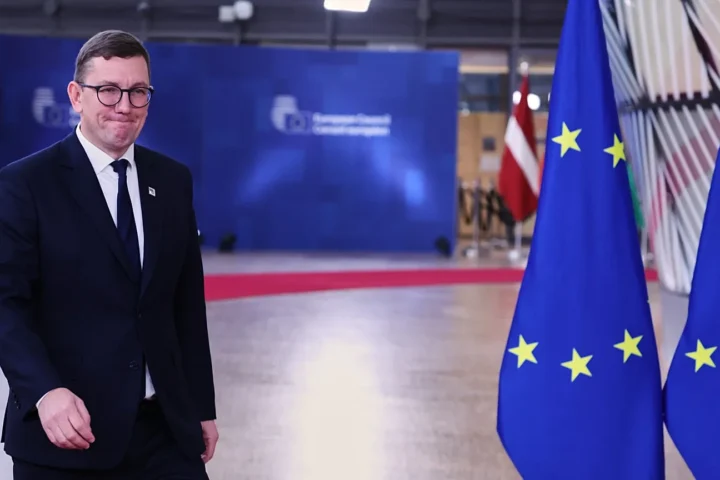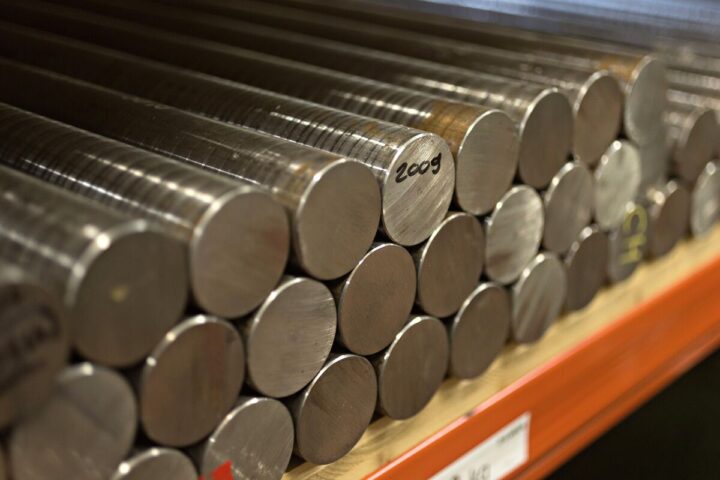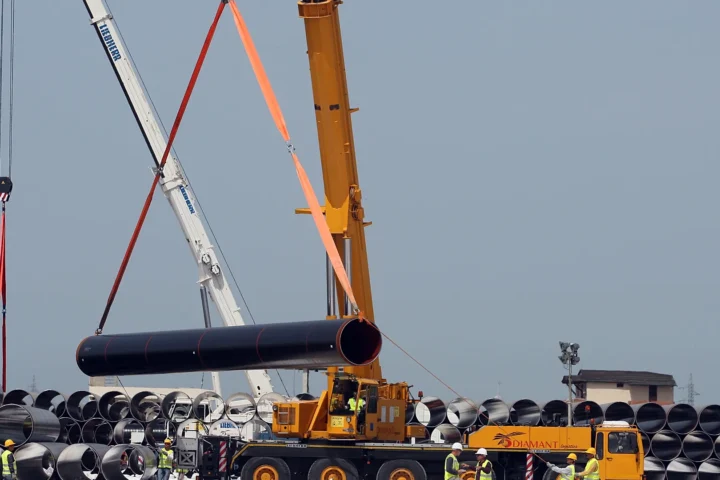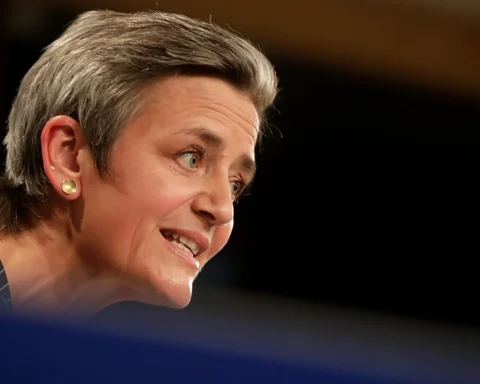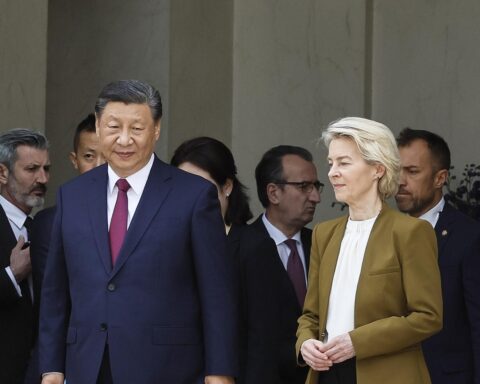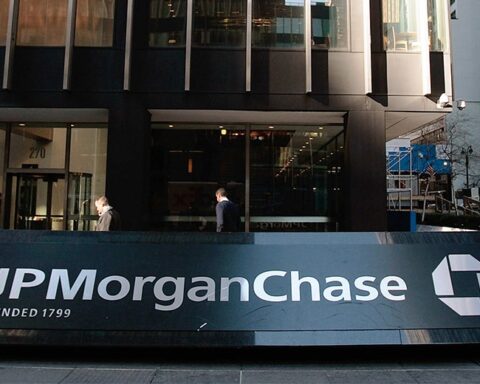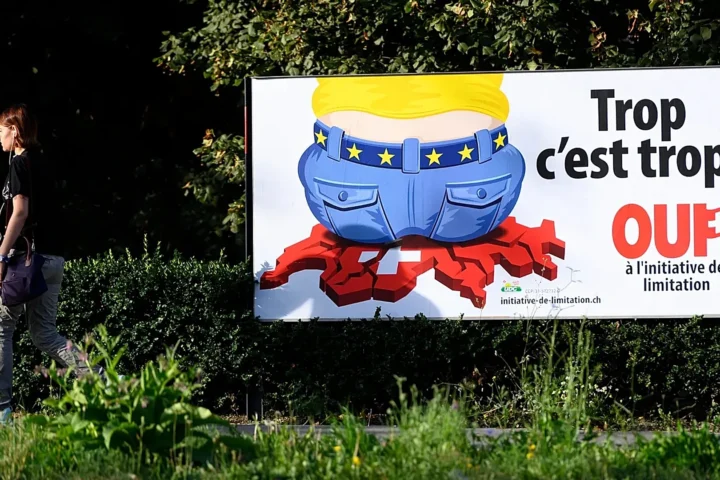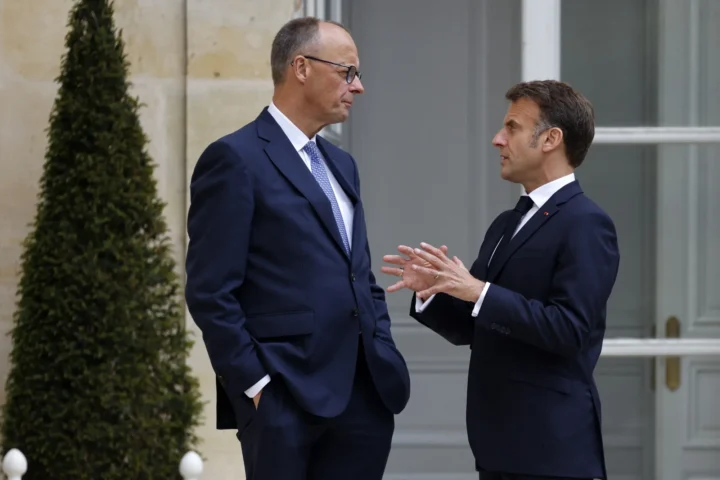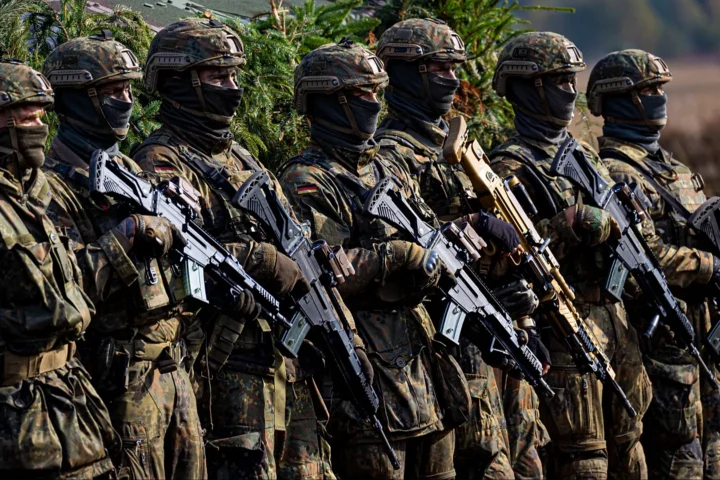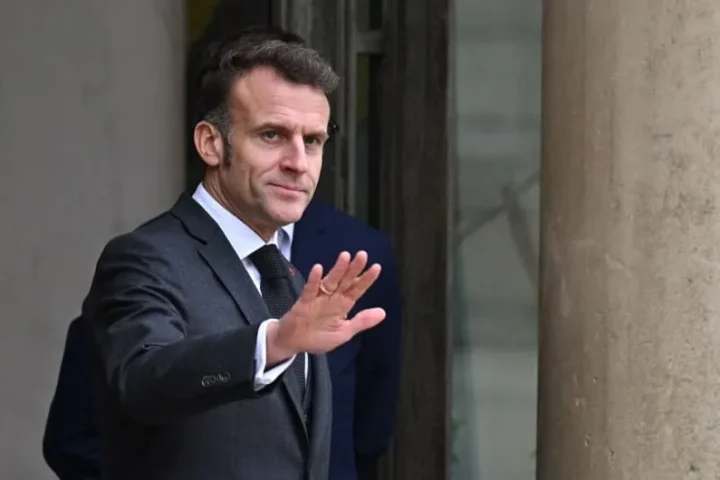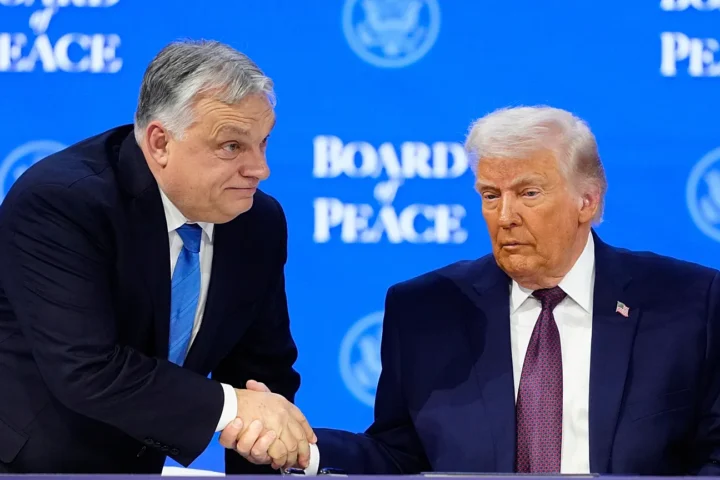The decision by both the UK and the US to impose bans on Russian metals trade has sent shockwaves through global markets, particularly in the aluminium sector, as authorities aim to stifle financial support to the Kremlin’s military activities.
Aluminium prices surged to unprecedented heights in response to the sanctions, with the London Metal Exchange (LME) witnessing an extraordinary spike of over 9% during early morning trading — the most significant surge recorded since the exchange’s inception in 1987. Similarly, nickel prices experienced notable gains, rising by more than 8%, before eventually retreating.
The imposition of sanctions by the UK and US, targeting new production of aluminium, copper, and nickel, underscores a concerted effort to curb Russia’s ability to finance its military endeavors. Chancellor Jeremy Hunt of the UK emphasized the ban’s objective: “to prevent the Kremlin from channelling further funds into its war machine.”
While Russia’s metal production contributes approximately 5% of global aluminium supplies, 6% of nickel, and 4% of copper, the ramifications of the ban extend beyond geopolitical implications. Aluminium, a crucial material in various industries including automotive, aviation, and electronics, holds significant sway over manufacturing costs. A sustained increase in aluminium prices could potentially fuel broader economic concerns, exacerbating inflationary pressures already confronting many nations.
Despite the market volatility, analysts from Goldman Sachs downplayed immediate supply disruptions, suggesting that Russian producers could redirect metal exports to non-UK/US markets. This strategic maneuver, they argue, mitigates the risk of trade flow disruptions and immediate supply shortages in Western markets.
However, the ban’s impact on copper prices remained relatively subdued, signaling nuanced responses within the metals market to geopolitical developments. As global stakeholders navigate the complexities of supply chains and economic dynamics, the ramifications of these sanctions reverberate across industries, underscoring the interconnectedness of geopolitical events and global markets.


